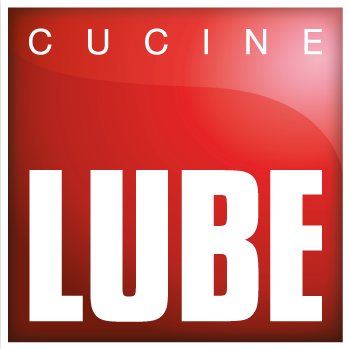Mundum Project
Mundum is a project financed by the European Regional Development Fund (ERDF 2007-2013), geared to the research and development of technological production chains in the Marches. The research work is still in progress and involves various companies from the Marches, Lube Service & Engineering s.r.l., DELTA s.r.l. and SIMEG s.r.l. which also use the advisory services of the Università di Camerino and the Università Politecnica delle Marche.
THE OBJECTIVES: RECYCLABILITY AND ECO-SUSTAINABILITY
Mundum aims to create a new eco-sustainable and bio-compatible type of kitchen that can purify the air in the environment using new production materials with photocatalytic properties. The research on new materials derives from the close collaboration between Delta srl and Lube and is based on combining skills and knowledge from the world of composite materials and the world of kitchens. Through this partnership we have developed a new material that features easy-workability, thermoforming, recyclability and eco-sustainability.
The new material originates from composites currently produced by Delta srl that are subsequently implemented to obtain a new material that is:
- anti-pollution
- antibacterial
- antifungal
- self-cleaning
The research also aims to create a new range of GREEN kitchens that are fully recyclable and use semi-finished products obtained with the new composite material and features a new concept in kitchen furniture with the structure that can be completely dismantled.
RESEARCH PHASES AND INITIAL RESULTS
For the functional analysis of the various components and their use by users, a method based on a functional modelling approach was chosen that is normally used in the design of mechatronic products. This allowed us to obtain a functional representation of the kitchen environment that schematically describes how a user can potentially interact with this space. The next step was the study and design of new, innovative, removable connecting systems such as the threaded connections that improve the assembly and dismantling process and replace the need to use glues. This approach is also important from a practical point of view, because it reduces the joins allowing you to speed up the assembly/dismantling operations, as well as improving cost effectiveness. The Cucine Lube Research and Development Department, with the collaboration of one of its researchers, the architect Federica Ciavattini, has already proposed two different kitchen designs, one of which is still in the development process. Further details will be given in a few months' time when the research work has been completed.

 Google Chrome
Google Chrome  Mozilla Firefox
Mozilla Firefox  Microsoft Edg
Microsoft Edg  Safari
Safari